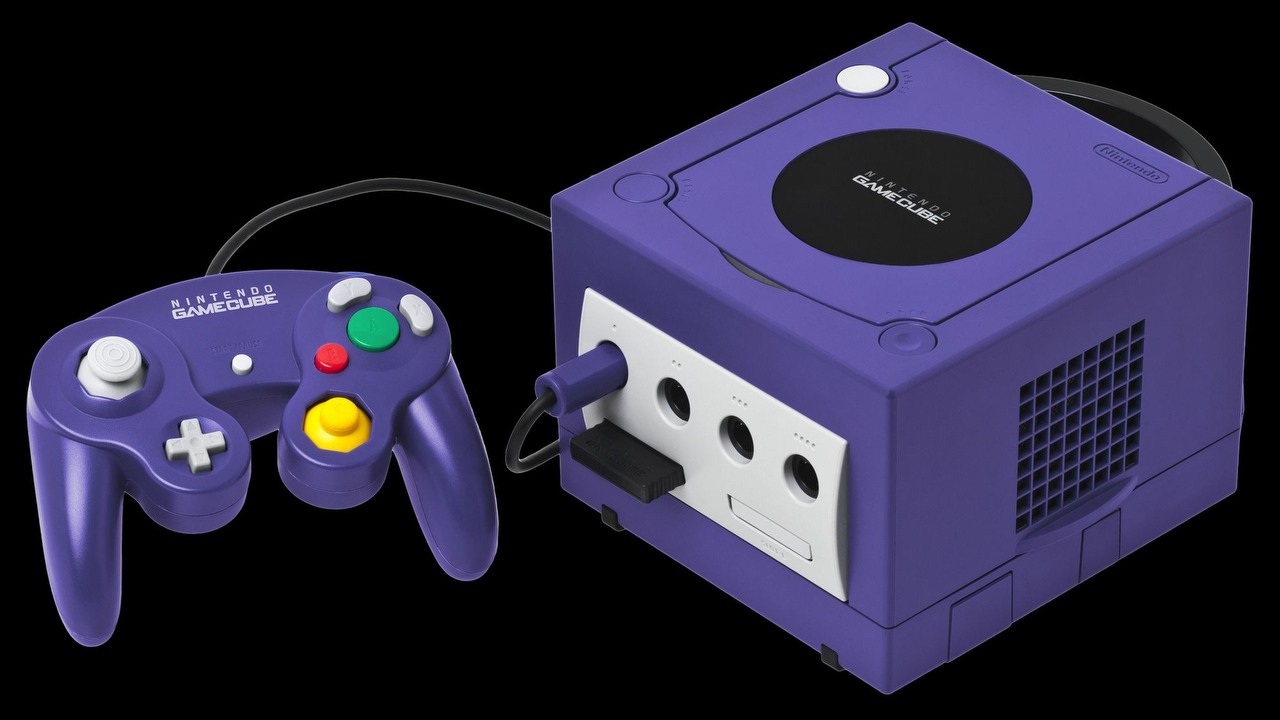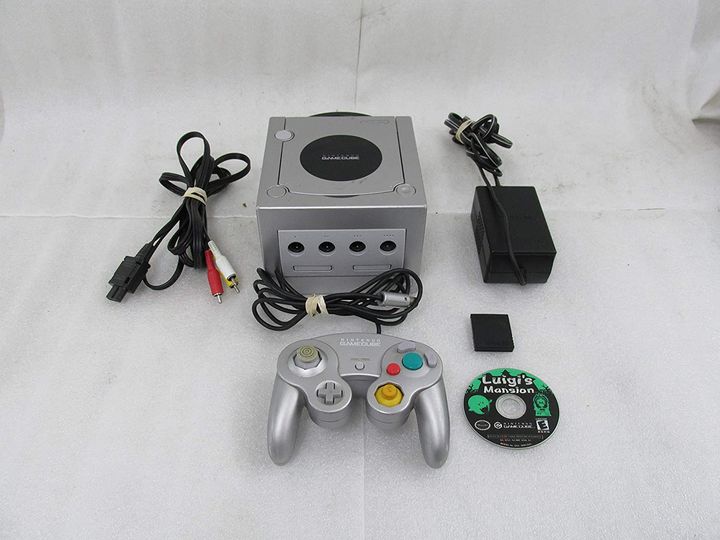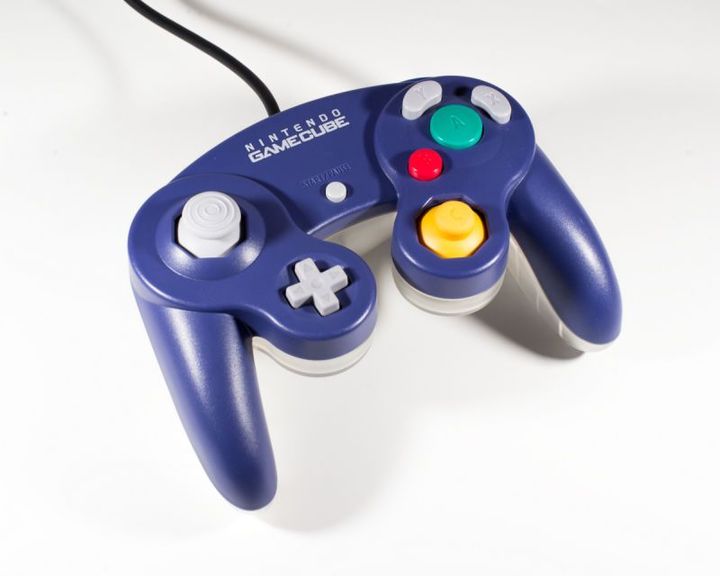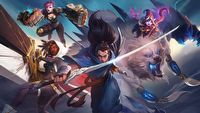Why Was Gamecube a Commercial Failure?
The unusual console that received several amazing games did not enjoy much popularity. It was a new-generation console with completely wasted potential, all because of a few ill-considered elements and the launch of mighty PlayStation 2.
1

GameCube is a console you've probably heard amazing stories about. No one interested in games is unfamiliar with this device. Nevertheless, only a handful of players came into possession of this piece of hardware, despite the iconic haze around it. Why is that? If it was a really good console, why didn't it become a worldwide success? After all, we play on devices from Sony and Microsoft today, rather than this Nintendo gear – so what went wrong?
Why did the console sell so badly?
There are many reasons for this console's failure. The basic one is the lack of dedicated, large games on Gamecube. Several developers ported their games to this device, but the majority of companies preferred to invest in PlayStation 2 and the debuting Xbox. Nintendo bet everything on one card – its own games, expanded with some from Capcom.
However, at the launch of the console, there were no new, dedicated Mario games, only Luigi's Mansion, merely a demo of the device's capabilities. RPGs and jRPGs were missing, as well as representatives of other genres. Gamecube did not offer anything special for the premiere, it did not even have backward compatibility with other Nintendo devices. Not to mention alternatives to games that have been popular with the competition.
It was only Resident Evil 4 that turned out to be a hit, but during Gamecube's lifetime, there weren't enough titles worth your money. Games from external developers were just not made, and the occasional gems were not reason enough to buy the entire device. After all, we are talking about the times when PlayStation 2 debuted, and pretty much owned the entire industry. As if that was not enough, Microsoft took over Rare studios, which so far was famous for creating successful games for the earlier Nintendo console, the N64. Now they had to start making new games for Microsoft, and the choice was simple – PS2 or Xbox, because few people could afford two consoles.

GameCube also did not offer online multiplayer. At the beginning of the year 2000, the Internet was becoming more and more popular and more accessible, and Sony and Microsoft even got an MMORPG, Final Fantasy XI. Even Sega Dreamcast was crazy about multiplayer. At that time, Nintendo had nothing to say about multiplayer, they totally missed the mark. To make matters worse, the console used an unusual medium – a micro disc, known as mini DVD. At the time when the competition used affordable DVDs that accommodated more data, Gamecube had to fight for every megabyte, as it could fit just 1.4 GB. The console also couldn't be used as a DVD player, which was a big disadvantage compared to PS2 and Xbox.
The controller was also controversial – it worked like a charm in Smash Bros. but didn't necessarily fulfill its purpose in other Gamecube titles. The problem was the bulky design, flashy colors and unprofessional appearance. Trivia: the controller itself can still be used on other Nintendo consoles. The problem with the appearance was also valid in case of Gamecube itself, which looked like a cheap toy. It was hard to approach this device in any other way than as a console for the youngest. And that patch actually stuck to it until the end, despite Nintendo releasing many mature games for it.

All this combined into very poor sales of Gamecube. We're talking 21 million units sold, despite some really successful, exclusive titles like Super Smash Bros. Melee, Metroid Prime, or The Legend of Zelda: The Wind Waker. By comparison, the earlier Nintendo console, the N64, sold nearly 33 million units. The original Xbox console sold 24 million copies, and PlayStation 2 outclassed the entire market, delivering a whopping 155 million units to customers. If we look only at the sales of Nintendo consoles, it turns out that Gamecube outsold only the Wii U, which probably doesn't make anyone proud.
In spite of the commercial failure, anyone who somehow managed to get into the console remembers it fondly today, as one with some of the era's most amazing games. It is a pity that Gamecube's creators did not fully tap into the console’s potential, because the market certainly had room for one more worthy competitor, and players would only benefit from it. Gamecube could have become what Switch is today – a console that already sold over 90 million units and is universally praised around the world. There were a bunch of wrong decisions made, but Nintendo seems to have learned that lesson.
1

Author: Patrick Manelski
A fanatic of MMO-games, who's lost in the fantasy world. He won't say no to a good book or TV series.
Latest News
- This is expected to be the biggest year in the company's history. Blizzard prepares an offensive that will overshadow previous years
- Bethesda envied CD Projekt RED? Starfield may undergo a Cyberpunk 2077-style metamorphosis
- Season 2 has just started, and Todd Howard is already writing the script for the third one. Fallout 5 will be changed by the TV show
- 5 games to grab on Amazon Prime Gaming. Among them, a collection of RPG classics
- My experience attending the 2025 Game Awards, and why I loved it

